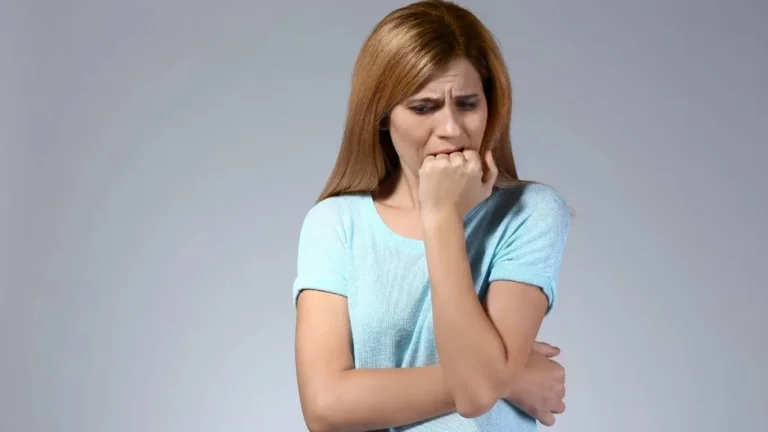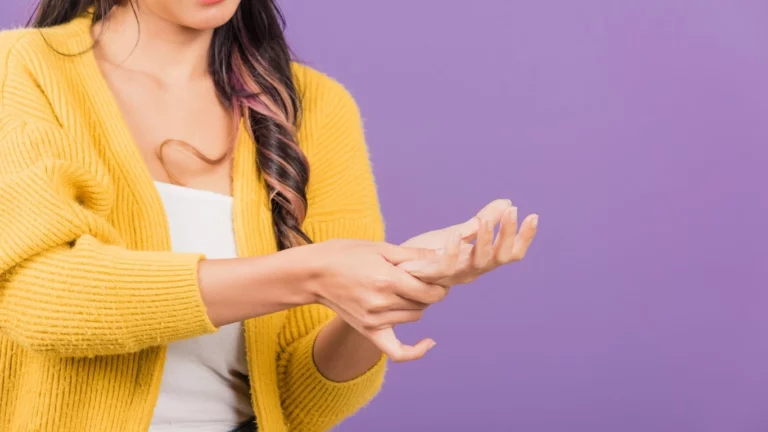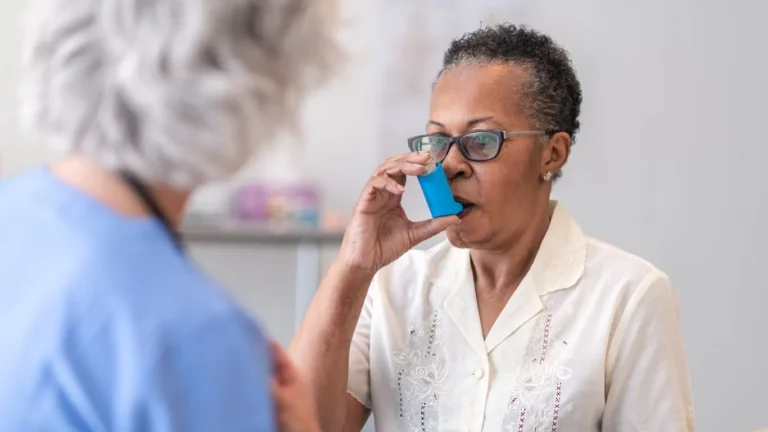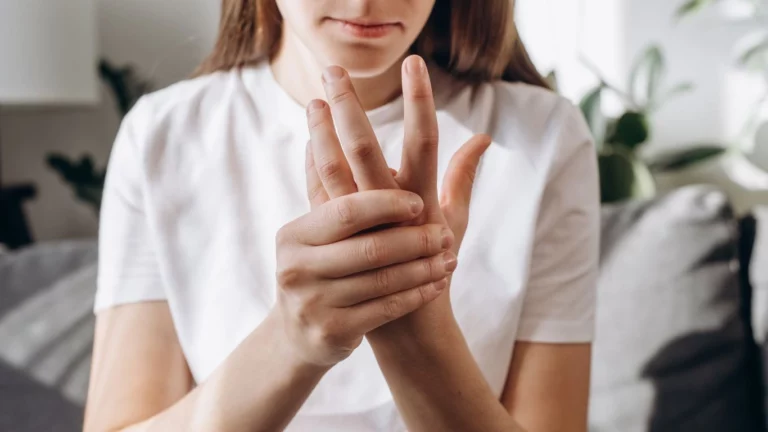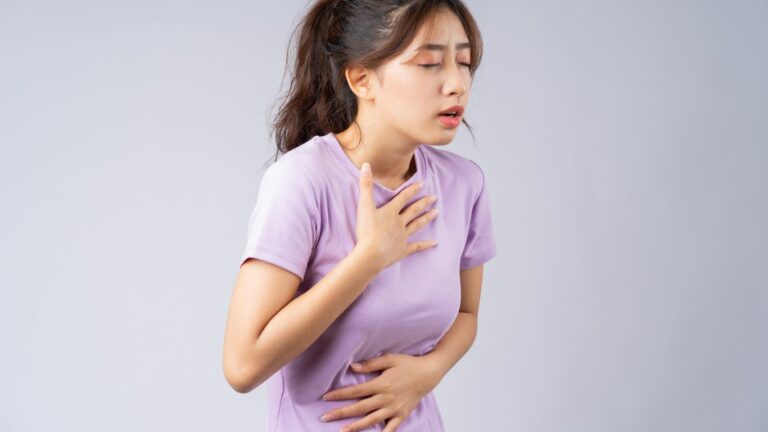How to Control Blood Pressure Without Meds – A Comprehensive Guide
Struggling to keep your blood pressure in check without medications? You’re not alone! Many people are turning to natural methods and lifestyle changes to maintain a healthy blood pressure. In this guide, we’ll explore some practical ways to manage your blood pressure without relying on medications.
High blood pressure, also known as hypertension, is a common health issue that affects millions of people worldwide. While medications can help control it, there are numerous natural approaches that can be just as effective. Managing blood pressure without relying on prescriptions doesn’t just help you avoid the side effects of medication—it also promotes overall health and wellness. Let’s dive into the top ways to control your blood pressure naturally.
Why Control Blood Pressure Without Meds?
First things first, controlling blood pressure without medication can be a game-changer for many people. Medications often come with side effects, and some folks might experience dizziness, fatigue, or even digestive problems from long-term use. By incorporating lifestyle changes, you’re not only targeting the root cause of high blood pressure but also reducing the need for lifelong drug dependence.
But that doesn’t mean you should stop taking your meds without consulting your doctor. It’s always best to speak with a healthcare professional before making any changes to your treatment plan.
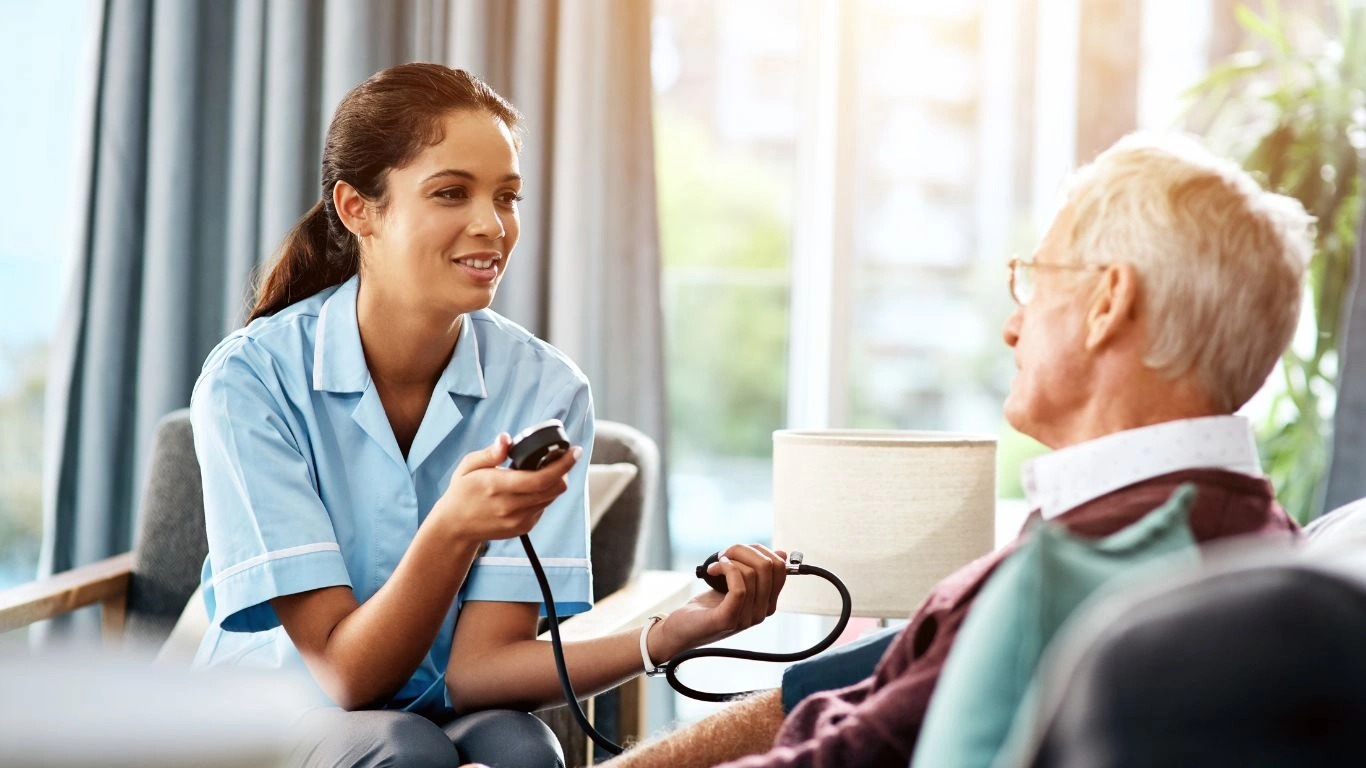
Top Natural Ways to Control Blood Pressure
1. Eat a Heart-Healthy Diet
What you eat plays a significant role in your blood pressure levels. A diet rich in fruits, vegetables, whole grains, and lean proteins can do wonders for your cardiovascular health. Foods like leafy greens, berries, beets, and fatty fish (like salmon) are especially good for lowering blood pressure.
One of the most popular diets for blood pressure control is the DASH diet (Dietary Approaches to Stop Hypertension). It emphasizes reducing sodium intake while focusing on potassium-rich foods, which help balance the negative effects of sodium.
2. Reduce Salt Intake
Salt is one of the biggest culprits when it comes to high blood pressure. Too much sodium can cause your body to retain fluid, leading to increased pressure on your blood vessels. Cutting back on processed foods and restaurant meals can help reduce your salt intake. Try cooking at home more often and use herbs and spices for flavoring instead of salt.
3. Get Regular Exercise
Exercise is one of the most effective ways to lower blood pressure naturally. Aim for at least 30 minutes of moderate-intensity activity, such as walking, swimming, or cycling, on most days of the week. Regular physical activity helps strengthen your heart, improve circulation, and reduce the pressure on your arteries.
It’s important to find an exercise routine that you enjoy and can stick to long-term. Even simple activities like taking the stairs instead of the elevator or going for a walk after meals can have a positive impact on your blood pressure.
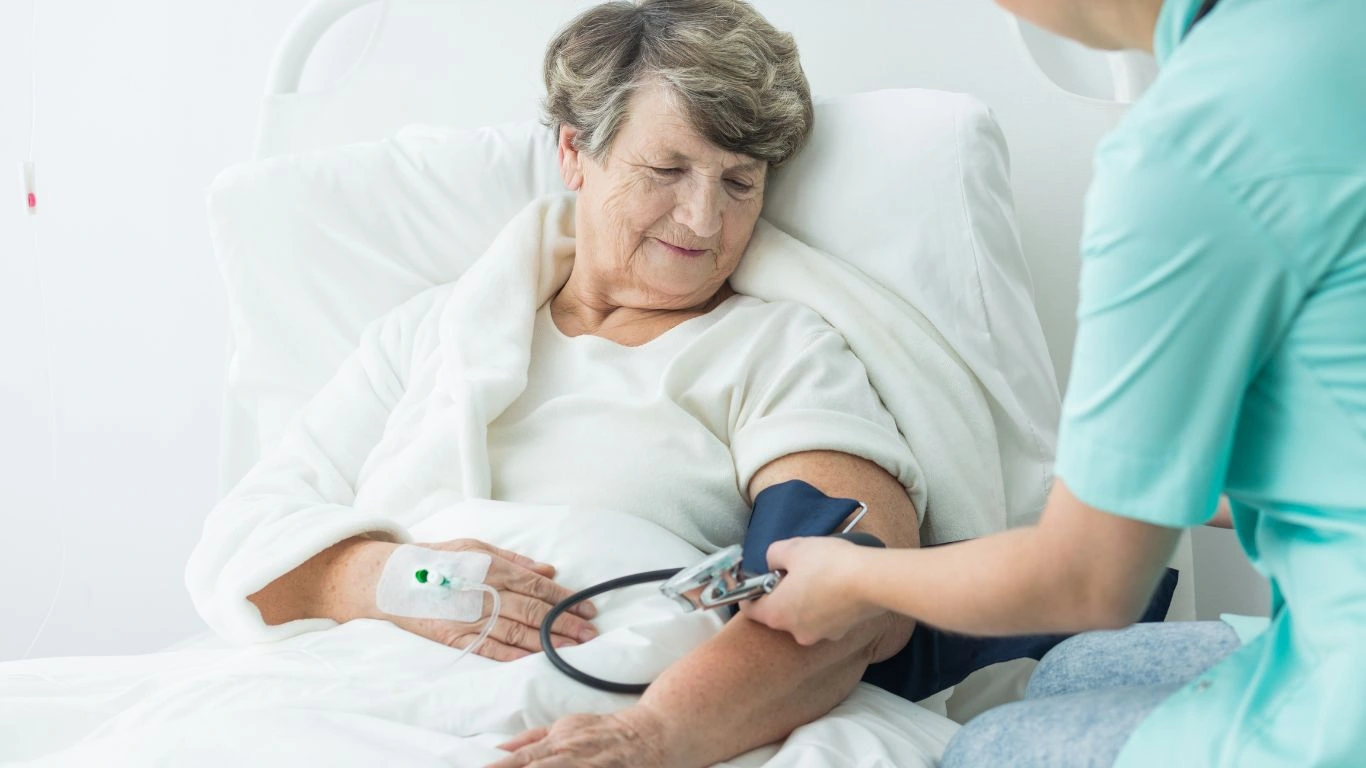
4. Lose Excess Weight
If you’re carrying extra weight, losing even a small amount can have a noticeable effect on your blood pressure. Fatty tissue can contribute to higher blood pressure by adding strain on your heart and blood vessels. A balanced diet paired with regular exercise can help you achieve and maintain a healthy weight, lowering your risk of hypertension.
5. Limit Alcohol Consumption
Drinking alcohol in moderation is key to controlling your blood pressure. Excessive drinking can raise your blood pressure, and over time, heavy drinking can lead to chronic hypertension. The American Heart Association recommends no more than one drink per day for women and two drinks per day for men. If you’re looking to lower your blood pressure, consider cutting back on alcohol or eliminating it entirely.
6. Manage Stress Effectively
Chronic stress can have a negative impact on your blood pressure. When you’re stressed, your body produces hormones like cortisol that can cause your heart rate and blood pressure to spike. To manage stress, try relaxation techniques such as deep breathing, meditation, or yoga. Finding hobbies and activities that help you unwind can also reduce stress and lower blood pressure.
7. Get Enough Sleep
A good night’s sleep is essential for overall health, and it can help regulate your blood pressure. Aim for 7-9 hours of sleep per night. Poor sleep or not enough sleep can cause your blood pressure to rise, so focus on creating a relaxing bedtime routine and sticking to a consistent sleep schedule.
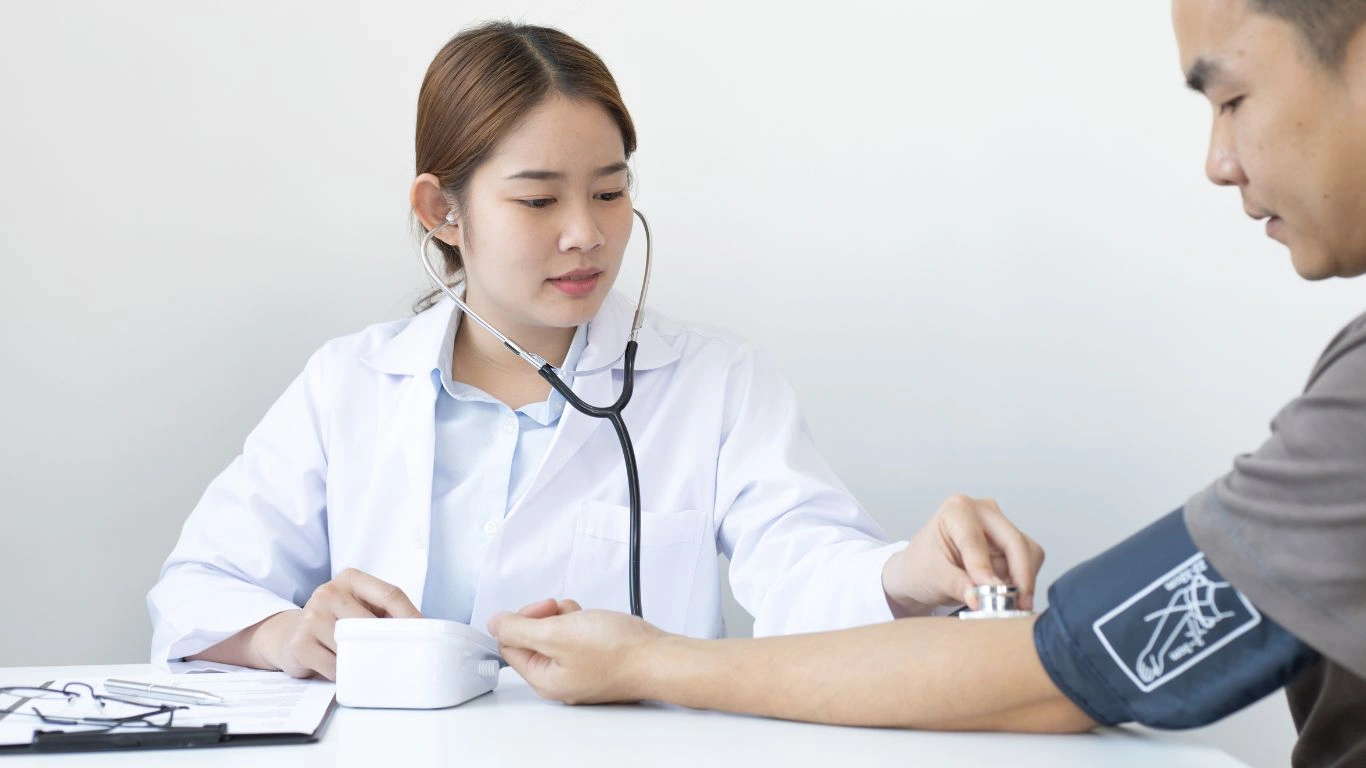
8. Stay Hydrated
Drinking enough water throughout the day helps maintain normal blood pressure levels. Dehydration can cause your blood to become thicker, increasing the pressure on your heart. Try to drink water consistently throughout the day, and avoid sugary beverages or excessive caffeine, as they can have the opposite effect on hydration.
Additional Tips for Blood Pressure Control
9. Quit Smoking
Smoking is a major risk factor for heart disease and high blood pressure. The chemicals in tobacco can damage your blood vessels, making it harder for your arteries to relax and function properly. If you smoke, quitting can significantly improve your blood pressure and overall cardiovascular health.
10. Monitor Your Blood Pressure Regularly
Taking control of your blood pressure means staying on top of it. Invest in a home blood pressure monitor and check your levels regularly. By tracking your progress, you can see what’s working and where you might need to make adjustments.
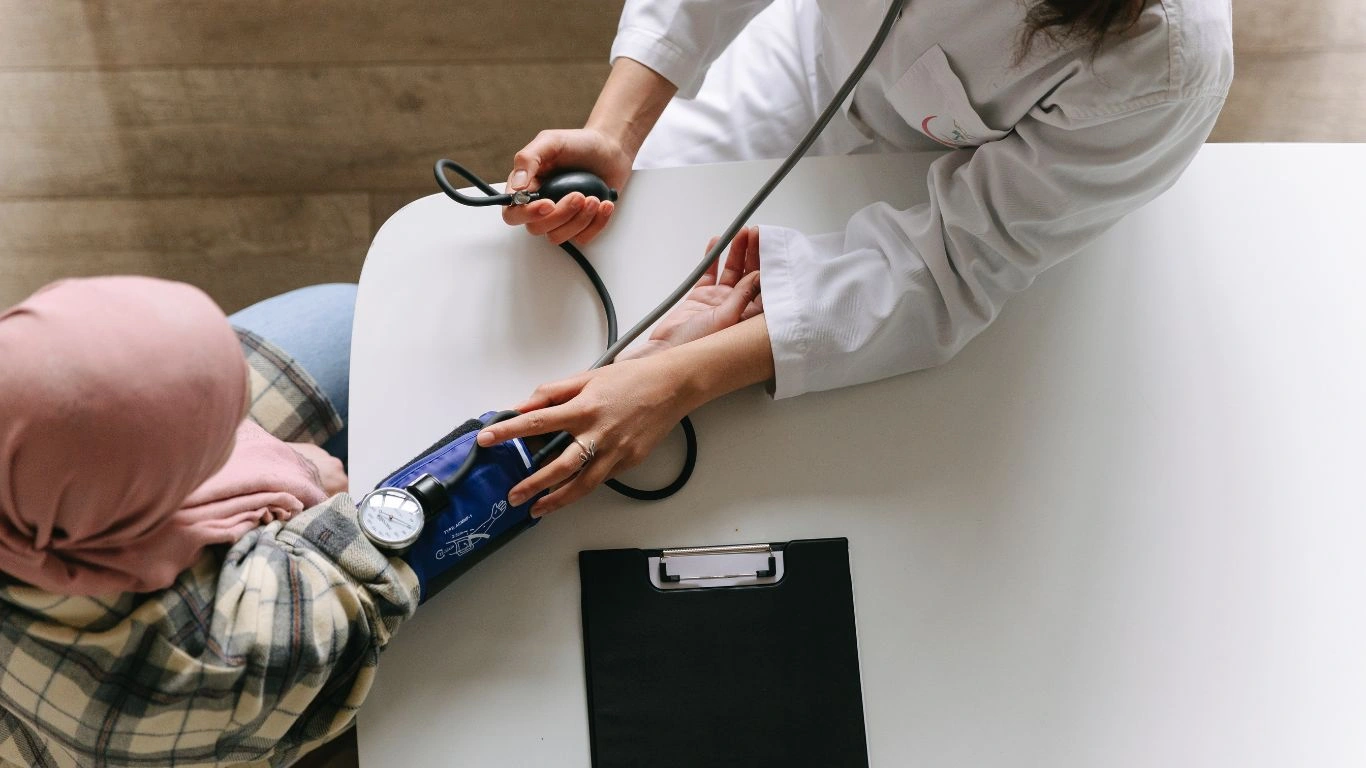
Conclusion
Managing blood pressure without medication is entirely possible with the right lifestyle changes. A healthy diet, regular exercise, stress management, and proper sleep can all work together to help you maintain a healthy blood pressure level. Of course, always check with your doctor before making any significant changes to your routine.
Appendices
FAQs
- How long does it take to lower blood pressure naturally? It varies from person to person, but with consistent lifestyle changes, you may see improvements in a few weeks to a couple of months.
- Can yoga really help lower blood pressure? Yes! Yoga helps reduce stress and can improve circulation, which can lower blood pressure over time.
- Is it safe to stop blood pressure medication once you start making lifestyle changes? Always consult your doctor before discontinuing medication. They’ll help guide you through any necessary changes to your treatment plan.
- What foods are best for lowering blood pressure? Foods high in potassium, magnesium, and fiber—like leafy greens, berries, and bananas—are great choices for lowering blood pressure.
- Can I control my blood pressure without medication if I have a family history of hypertension? While a family history of hypertension may increase your risk, lifestyle changes can still make a significant impact on your blood pressure.
References
- American Heart Association. (2023). Blood Pressure and Lifestyle Changes. Read Article
- National Institutes of Health. (2023). Managing Hypertension: Dietary and Lifestyle Recommendations. Read Article
- Smith, J., & Patel, R. (2021). The DASH Diet and Blood Pressure Control. Journal of Cardiology, 45(3), 115-121. Read Article
Disclaimer
Disclaimer: The information provided in this article is for educational purposes only and

Dr. Gwenna Aazee is a board-certified Internal Medicine Physician with a special focus on hypertension management, chronic disease prevention, and patient education. With years of experience in both clinical practice and medical writing, she’s passionate about turning evidence-based medicine into accessible, actionable advice. Through her work at Healthusias.com, Dr. Aazee empowers readers to take charge of their health with confidence and clarity. Off the clock, she enjoys deep dives into nutrition research, long walks with her rescue pup, and simplifying medical jargon one article at a time.


